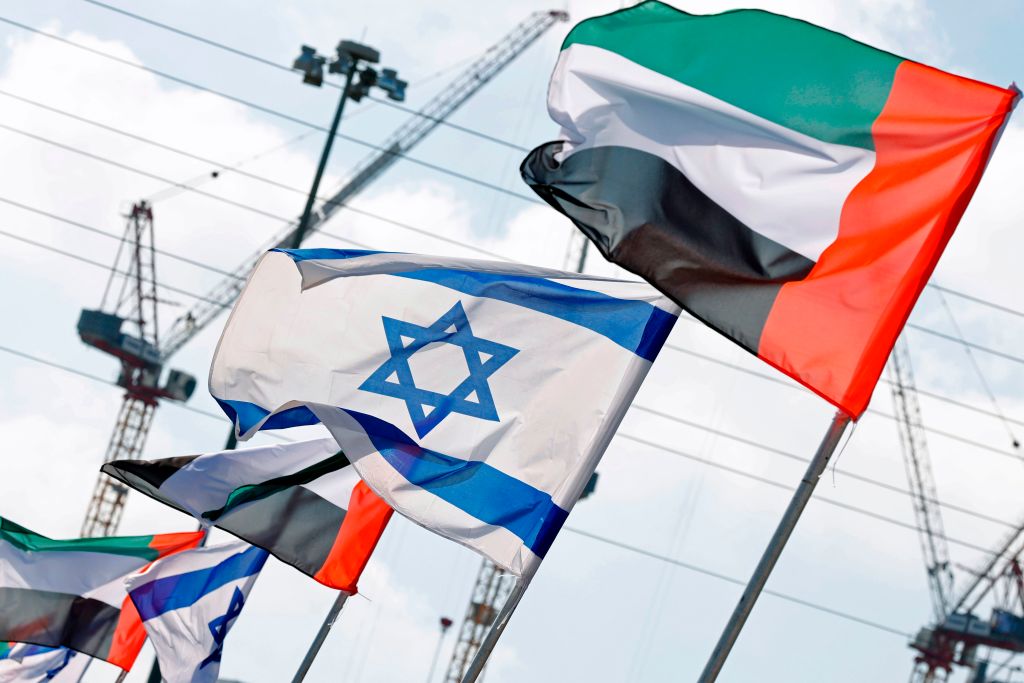Barely any outcry marked this latest shift, which probably reflects recognition of facts on the ground.
The Abraham Accord, the deal announced this month that laid the groundwork for normalisation of relations between Israel and the United Arab Emirates, was hailed as a historic opportunity to advance regional peace. Yet it was also seen by Palestinians as a betrayal, as they bitterly complained that the agreement, which eschewed the land-for-peace formula, took away a key incentive for Israel to end its occupation of Palestinian territories.
Practically everything related to the Arab-Israeli conflict over the decades has solicited polarising reactions.
But perhaps the real breakthrough the accord represented was that the so-called “Arab Street” barely mustered any opposition.
There are likely many reasons for this. Though the accord makes the UAE only the third Arab country to normalise relations with Israel, it is not so much a breakthrough but formal recognition of facts on the ground. Ties between Israel and the Gulf States have been growing gradually, discreetly, for years. Relations between Israel and other Sunni Arab states are fuelled by mutual concern over Iran’s threat to the region, a desire for greater military economic and cyber-security cooperation, and were cultivated by an antipathy to Obama-era foreign policy that sidelined Israel and the Gulf states in favour of bedding down the nuclear deal with Tehran.
So rather than historic, the accord was merely a means to legitimise and formalise what was happening anyway.
Read the article by Lydia Khalil in The Interpreter.

